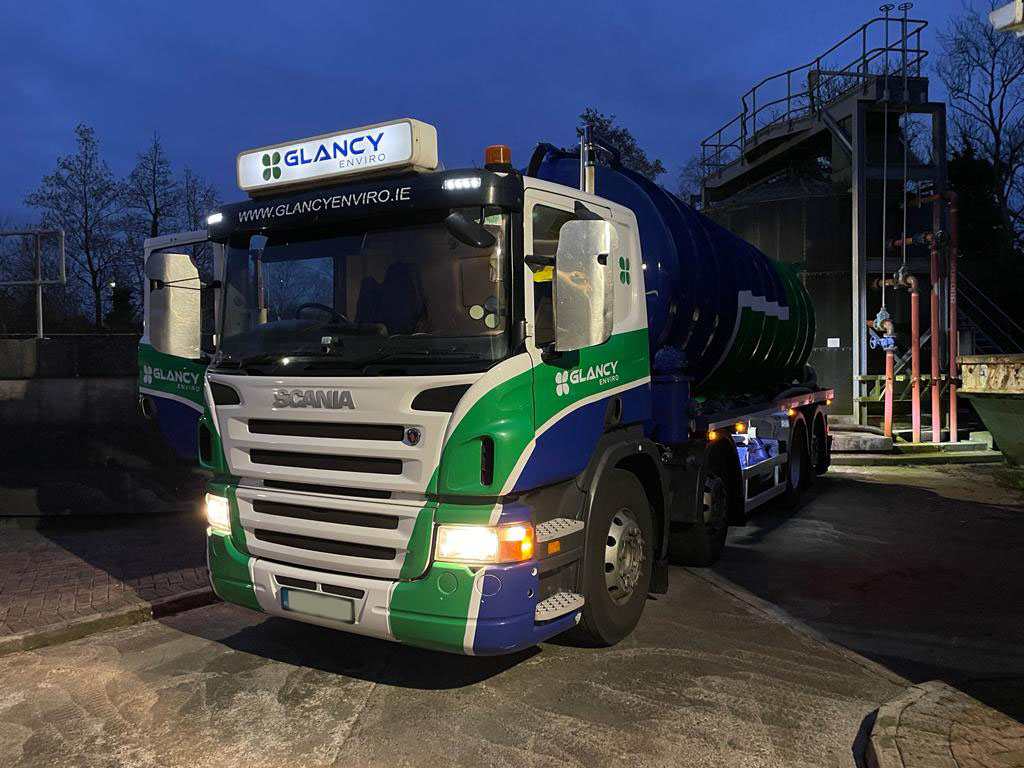About Reclaim Waste
About Reclaim Waste
Blog Article
How Reclaim Waste can Save You Time, Stress, and Money.
Table of ContentsAll about Reclaim WasteExcitement About Reclaim WasteReclaim Waste Fundamentals ExplainedWhat Does Reclaim Waste Do?9 Easy Facts About Reclaim Waste Described
Explore the kinds, incidents, and kinds of liquid waste. Domestic sewage waste refers to the waste and items from a property sewage-disposal tank. This kind of waste is produced by humans in residences, institutions, and various other structures. This only consists of sewage-disposal tanks that have a drain area. The correct administration and disposal of domestic sewer waste require fluid waste to be transferred to a sewage therapy plant where the correct techniques and tools are used to detoxify and deal with waste.
Industrial waste often consists of prospective risks, such as flammable products or a mixture of liquid and strong waste products, and requires an advanced and in-depth disposal process. The disposal of industrial waste normally includes the filtration of waste prior to transport to guarantee secure and appropriate disposal. Hazardous waste is created from byproducts and runoff of commercial procedures and manufacturing.
This kind of waste can not make use of the very same sewage management transportation or processes as septic or industrial fluids. The commercial waste monitoring process needs the assessment and testing of fluid waste before it undertakes the disposal procedure (liquid waste disposal). Overflow waste is the liquid waste that comes from drainage and excess stormwater in extremely booming areas or cities
Runoff waste can cause contamination and flooding if not taken care of properly. Guaranteeing proper waste administration can stop catastrophes and minimize ecological harm.
Not known Factual Statements About Reclaim Waste
Call PROS Services today to learn concerning our waste administration and disposal solutions and the proper methods to care for the liquid waste you generate.
(https://reclaimwaste1.start.page)This so-called 'wastewater' is not only a vital resource yet, after treatment, will certainly be launched to our land, waterways or the sea. Made use of water from bathrooms, showers, bathrooms, kitchen area sinks, washings and industrial processes is recognized as wastewater.

water utilized to cool equipment or clean plant and devices). Stormwater, a kind of wastewater, is overflow that moves from agricultural and metropolitan locations such as roofing systems, parks, yards, roadways, paths and seamless gutters into stormwater drains pipes, after rainfall. Stormwater flows without treatment straight to local creeks or rivers, ultimately getting to the sea.
Reclaim Waste Can Be Fun For Everyone
In Queensland, the majority of wastewater is dealt with at sewer treatment plants. Wastewater is delivered from domestic or commercial websites with a system of sewers and pump terminals, known as sewage reticulation, to a sewage therapy plant. City review governments build, preserve and operate most sewer treatment plants. Operators are licensed under the Environmental Security Act 1994 to release treated wastewater at an appropriate ecological criterion into waterways.
The Department of Natural Resources encourages city governments regarding handling, operating and keeping sewage systems and treatment plants. In unsewered locations, neighborhood governments might need householders to install private or family sewage therapy systems to treat domestic wastewater from toilets, cooking areas, bathrooms and washings. The Department of Natural Resources authorizes making use of family systems when they are confirmed to be effective.
In some brand-new neighborhoods, therapy of some stormwater to remove clutter, sand and gravel has actually begun utilizing gross pollutant catches. Wastewater treatment takes place in four phases: Removes solid issue.
Uses small living microorganisms recognizes as micro-organisms to break down and eliminate continuing to be dissolved wastes and fine particles. Micro-organisms and wastes are incorporated in the sludge.
What Does Reclaim Waste Do?
Nutrient elimination is not offered at all sewage therapy plants since it calls for expensive specialized tools. Clear fluid effluent created after treatment might still have disease-causing micro-organisms - industrial wastewater treatment.

Many wastewater flows right into the sewerage system. Under the Act, regional governments provide approvals and permits for ecologically relevant tasks (ERAs) including wastewater releases that may have a neighborhood effect.
The Definitive Guide to Reclaim Waste
Otherwise, samples are considered research laboratory analysis. Commonly several tests are needed to establish the levels of each of the different toxins such as oils, hefty steels and chemicals in water. Monitoring offers accurate info concerning water top quality and can validate that licence problems are being met. The information obtained through tracking offers the basis for making water high quality choices.
Report this page